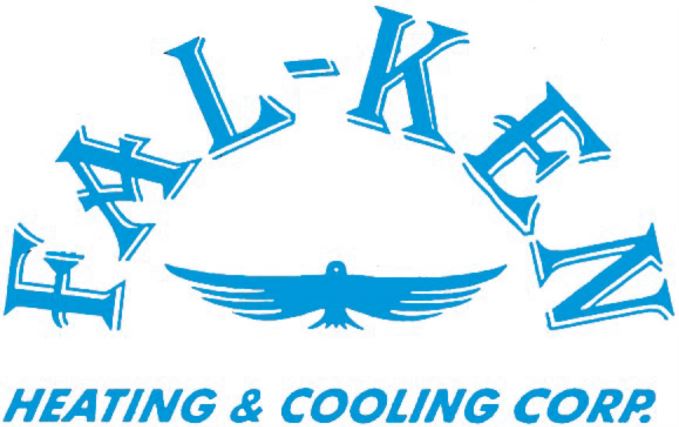
Even when temperatures are ideal indoors, some homeowners still think their sense of comfort does not feel whole. A common reason is poor indoor air quality, with allergens and airborne debris stirring up a number of problems. From triggering asthma to promoting mold, fighting for high air quality should be an integral part of your overall HVAC plan.
Fortunately, homeowners have a solution within reach. Whole-house air purifiers can filter out these troublesome particles, for better health and well-being. And as the name points out, they’re capable to do so for every part of your home! Installing an air purifier with help from Fal-Ken Heating & Cooling Corporation may be the last thing you need to address those stubborn comfort problems.
But wait, aren’t there air purifiers that are portable? While the principle is the same Is the Wiser Option
Cost is always a concern, and many homeowners view the much smaller price tag of a portable air purifier as a key plus. But if your comfort goal is maximum indoor air quality, the effectiveness of whole-house air purification becomes clear:
- A single system ensures clean air throughout your home: You won’t have to drag a portable purifier around from room to room since whole-house models are powerful enough to remove pollutants across your entire home.
- Significantly more efficient in the long run: Rather than keeping multiple units in different rooms, a single, whole-house air purification system protects air quality for a very long time. This same reliability also keeps dust and debris from reaching the rest of your HVAC system, which in turn can improve the efficiency of your heating and cooling.
- Less maintenance associated with filter clogs and pollution: A clog in the air filter is one of the most common reasons you start having issues with your HVAC system’s performance. An air purification system helps keep these filters from getting clogged in the first place with their own impressive designs. For example, air purifiers with a HEPA filter give you access to top-notch filtration for residential properties.
For a Typical Household, Look for MERV Ratings Around 8
The Minimum Efficiency Rating Value (MERV) system was developed to help homeowners get a clearer idea of the degree of air filtration they’re installing. While a higher MERV rating means more filtration, that isn’t necessarily something your average home demands.
The scale is rated all the way to 20, but this is unnecessary outside of specialized facilities like the surgery theater in a hospital. For standard residential use, a MERV rating of 8 is usually more than sufficient. The air quality experts at Fal-Ken Heating & Cooling Corporation can help you determine precisely which option will fully meet your needs.
